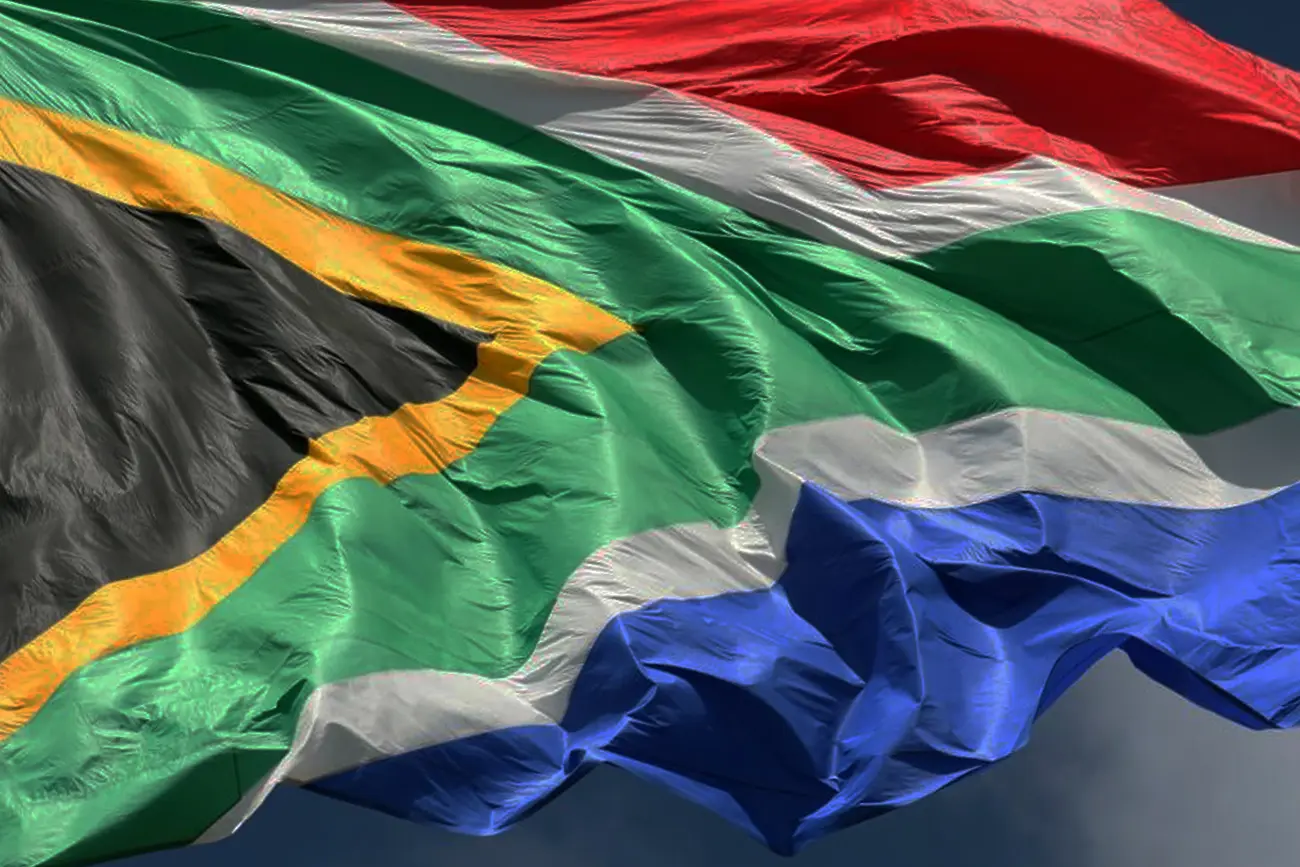
The Southern Africa Litigation Centre (SALC) is intervening as amicus curiae in a case which challenges the South African President’s role in the suspension of the Southern African Development Community (SADC) Tribunal and limitation of its human rights jurisdiction. The case has been brought by the Law Society of South Africa who is asking the court to rule on the constitutionality of President Jacob Zuma’s executive decisions in two instances:
- when he decided to support the decision to suspend the operation of the SADC Tribunal in 2011; and
- when he signed the 2014 Protocol, which if approved by the requisite number of Member States, would remove the human rights jurisdiction of the Tribunal.
SALC contends that South Africa’s support for the 2014 Protocol, which provides for the resolution of only inter-state disputes, is a violation of the South African Constitution and the country’s commitment to protect and uphold the rule of law. This is because the right of an individual to access the court, which is guaranteed under the Republic’s Constitution, encompasses the right to access an international and regional courts, including the SADC Tribunal.
SALC further argues that since South Africa domesticated a number of Protocols that contains a provision for referring disputes to the Tribunal means that it still accepts the SADC Tribunal as an enforcement mechanism for human rights violations. As such, the President cannot participate in decisions that would remove this access to the Tribunal without public consultations and authorisation from Parliament as required by law.
According to Kaajal Ramjathan-Keogh, SALC’s Executive Director, “the case is significant in that access to the courts is synonymous with notions of access to justice, equality before the law, fairness, the right to have one’s case be heard and the right to an effective remedy”.
The implications of the suspension of the SADC Tribunal are significant. For example, South Africa has ratified the SADC Protocol on Gender and Development and Article 36(2) of the Gender Protocol provides that certain disputes arising from the Gender Protocol which cannot be resolved amicably, shall be referred to the SADC Tribunal. As the Tribunal is currently suspended, this means that any disputes in respect of the Gender Protocol have no means for resolution. By interfering with this vested right of individuals, SALC contends that the President’s executive action was unconstitutional.
Ramjathan-Keogh adds, “The predominant international practise is one where courts recognise the right of the individual to approach regional judicial mechanisms from the East African Court of Justice and the Court of Justice of the Common Market for Eastern and Southern Africa to the European Court of Justice and the Inter-American Courts. All of these regional courts provide a safety-net for those whose domestic systems are unwilling or unable to protect these rights adequately. This safety-net has been taken away from citizens of Southern African countries”.
This hearing will take place between the 5-7 February in the North Gauteng High Court. SALC is represented by Lawyers for Human Rights and Adv. Jatheen Bhima.
Factsheet on the case can be found here.



